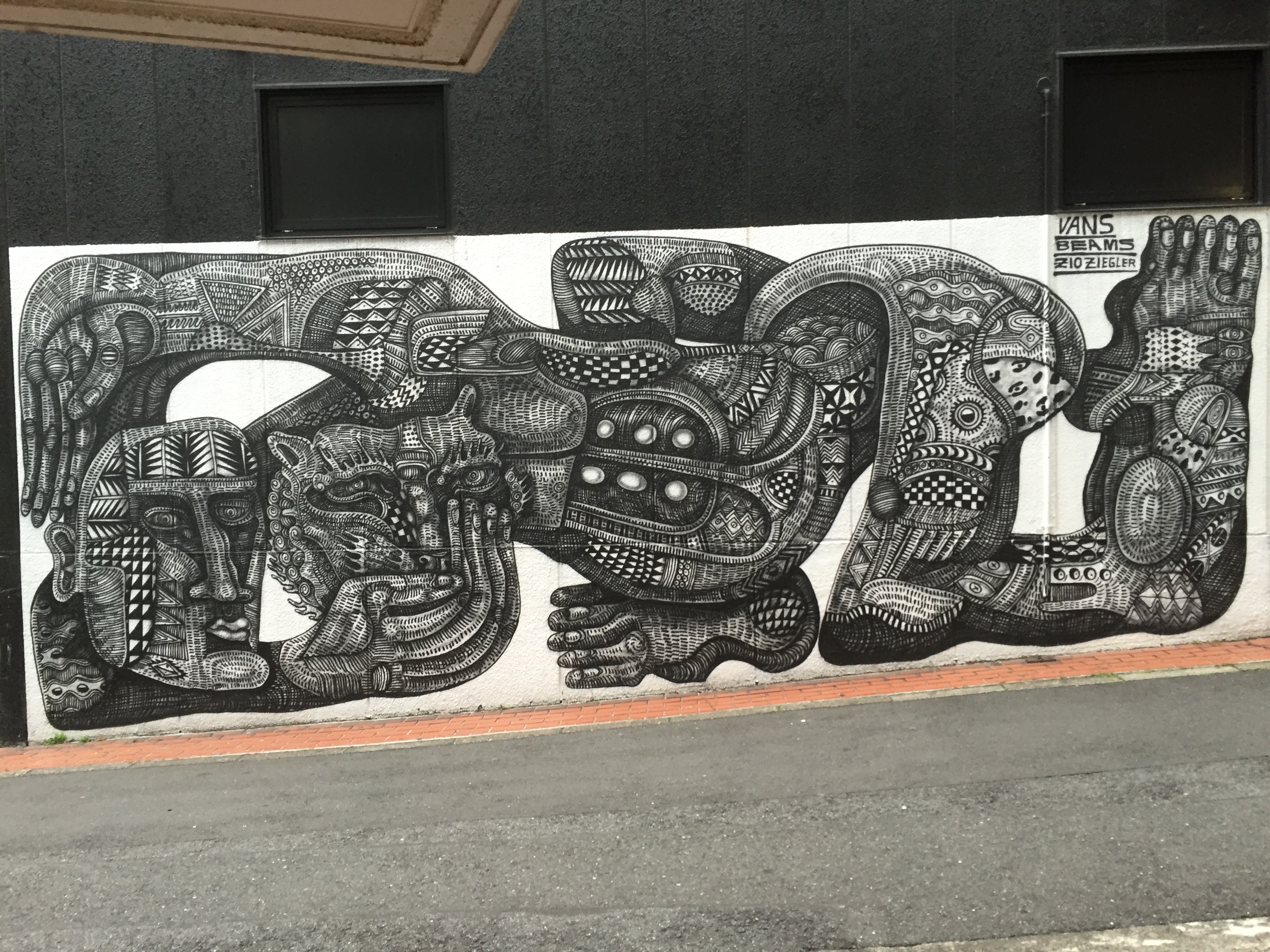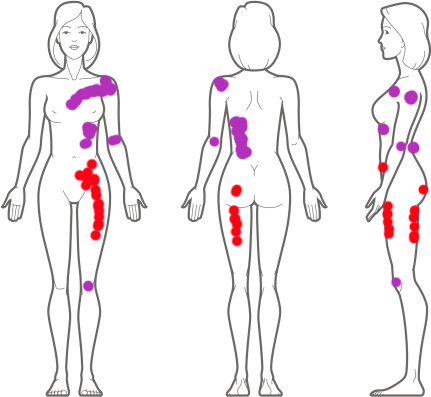My endometriosis diagnosis was not the first time I had been told that I would be sick for the rest of my life. I have a vivid memory of my first sex education lesson aged 11, where I was told that someday soon my periods would start and I would be sick and in pain every month until late in life.
I remember feeling very betrayed by everyone around me for keeping this secret hidden. I remember being furious and upset that this was dumped on me from no where. It felt like a really strange, secret burden that women took upon themselves to conceal from a younger generation until it was time.
It took many days until I felt able to face my fear about this impending illness and talk to someone about it.
I couldn’t understand why if it was so normal they felt it was appropriate to take only the girls in the school, hide us away in a small room and quietly break the news to us there.
It didn’t seem fair.
It still doesn’t. Because as soon as my periods did start aged 14, I realised something was wrong. That the pain I experienced wasn’t normal, and the same secret platitudes were used by every adult I spoke to about it (as in that classroom) to placate me for many years – when I knew something was wrong.
Funnily enough, getting a endometriosis diagnosis often means pushing back against this status quo, to find the root cause of pelvic pain.
Continue reading →



